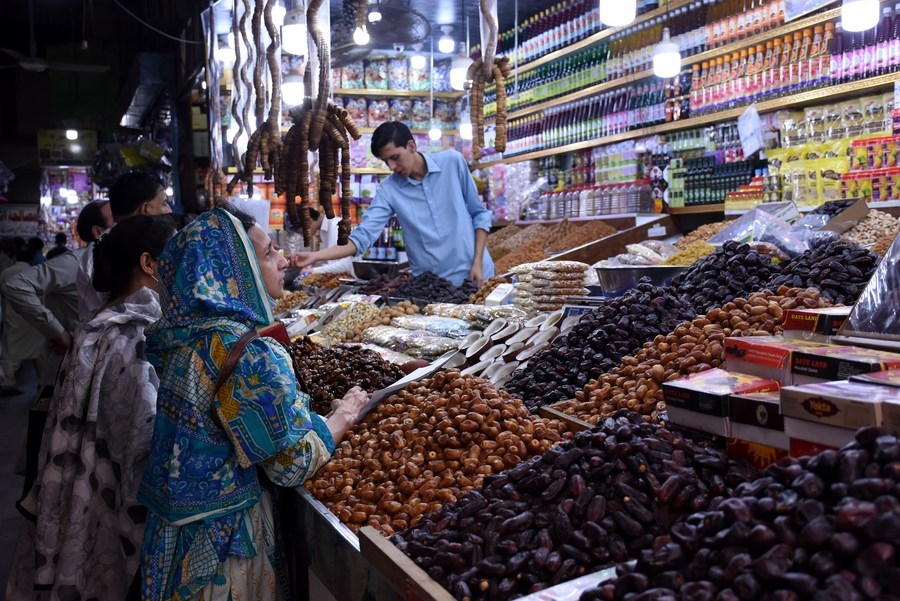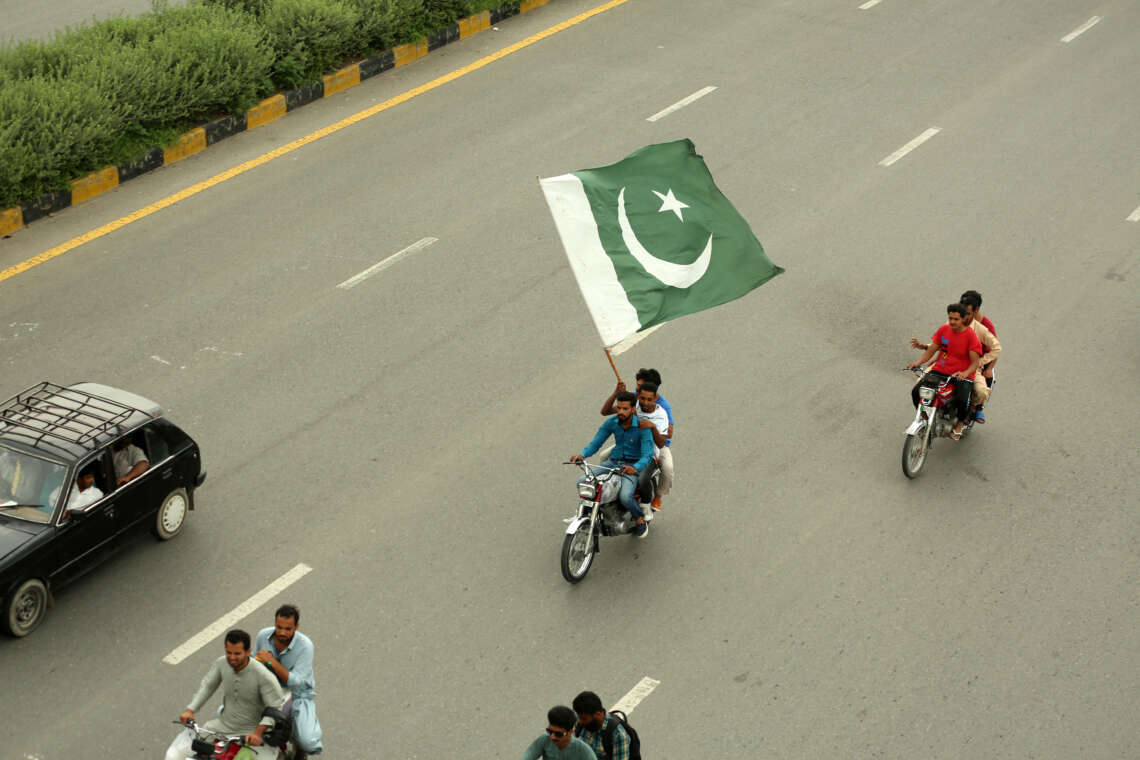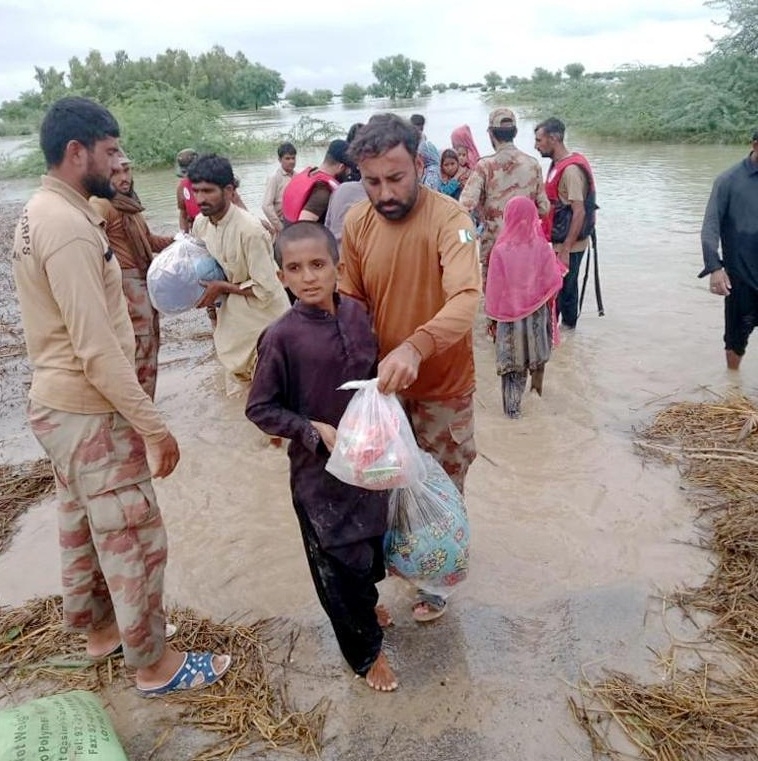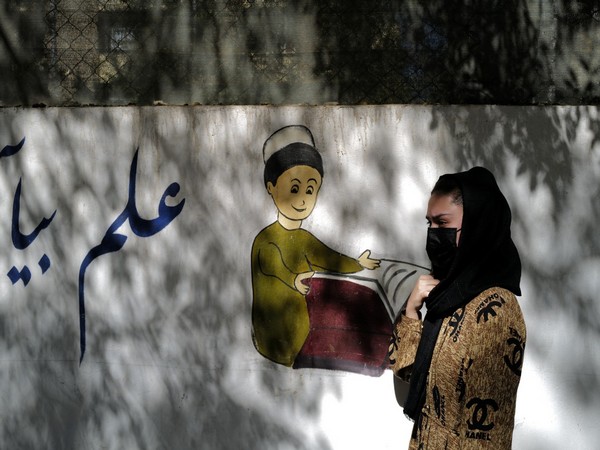The fundamental reason for this is that the mafias participating in this illegal trade are more powerful than the government and administration…reports Asian Lite News
Due to a surge in black-marketing and involvement of mafias, the north-zone areas of Gilgit-Baltistan have become a hub for expired, substandard and injurious items, Pakistan vernacular media reported.
Every day, thousands of tonnes of contaminated, expired, and unsafe food and medicine are sold in the region. According to Pakistan vernacular media, whenever this is brought to the administration’s attention, a temporary suspension is issued, and the sale resumes after a few days.
The fundamental reason for this is that the mafias participating in this illegal trade are more powerful than the government and administration, Pakistan vernacular media said.
Massive protests in Pakistan-occupied Gilgit-Baltistan are seen time and again, against black marketing, which has contributed to the miseries of people’s lives in the region.
Daily life for the local people here becomes more difficult, especially when they lack basic facilities, and black-marketing of daily food products and corruption by government authorities add to their woes.
Forced labour, atrocities
News of forced labour and atrocities on young children are becoming common in Pakistan’s Punjab, ARY News reported.
ARY News is a Pakistan-based news channel. A similar heart-breaking incident has also happened in Multan. An incident of brutal violence took place in Multan’s Char Faiz area, with a 5-year-old student, which shocked the hearts of the onlookers.
The police said that a confectioner named Qadir called the child to wash dishes and promised to give him money. Later, over the transaction, the confectioner tortured the child and put his hands in boiling oil.
According to ARY News, both the hands of the child were burnt, who is undergoing treatment in the burn unit of the local hospital. The police arrested the accused Qadir. The incident is being further investigated.
The practice of employing children as domestic workers has become a norm in Pakistani society. One in every four households in Pakistan employs a child in domestic work, predominantly children in the age group of 10 to 14 years, according to a study conducted by the International Labour Organisation (ILO) in 2022, wrote Rida Tahir, a barrister for Pakistan based The News International newspaper.
According to Tahir, it is important to distinguish between child labour in domestic work and children performing non-hazardous household chores in their homes in reasonable conditions under supervision.
Domestic labour entails children performing household chores while working in private homes. Child domestic workers are vulnerable to hazards such as carrying heavy tools, handling dangerous items such as knives and hammers, making tea on the stove and cleaning with toxic chemicals.
They do not have set working hours and do not have access to education or healthcare. Furthermore, children working as domestic labourers are vulnerable to malnourishment, unreasonable confinement to the employer’s premises, and sexual abuse. (ANI)













